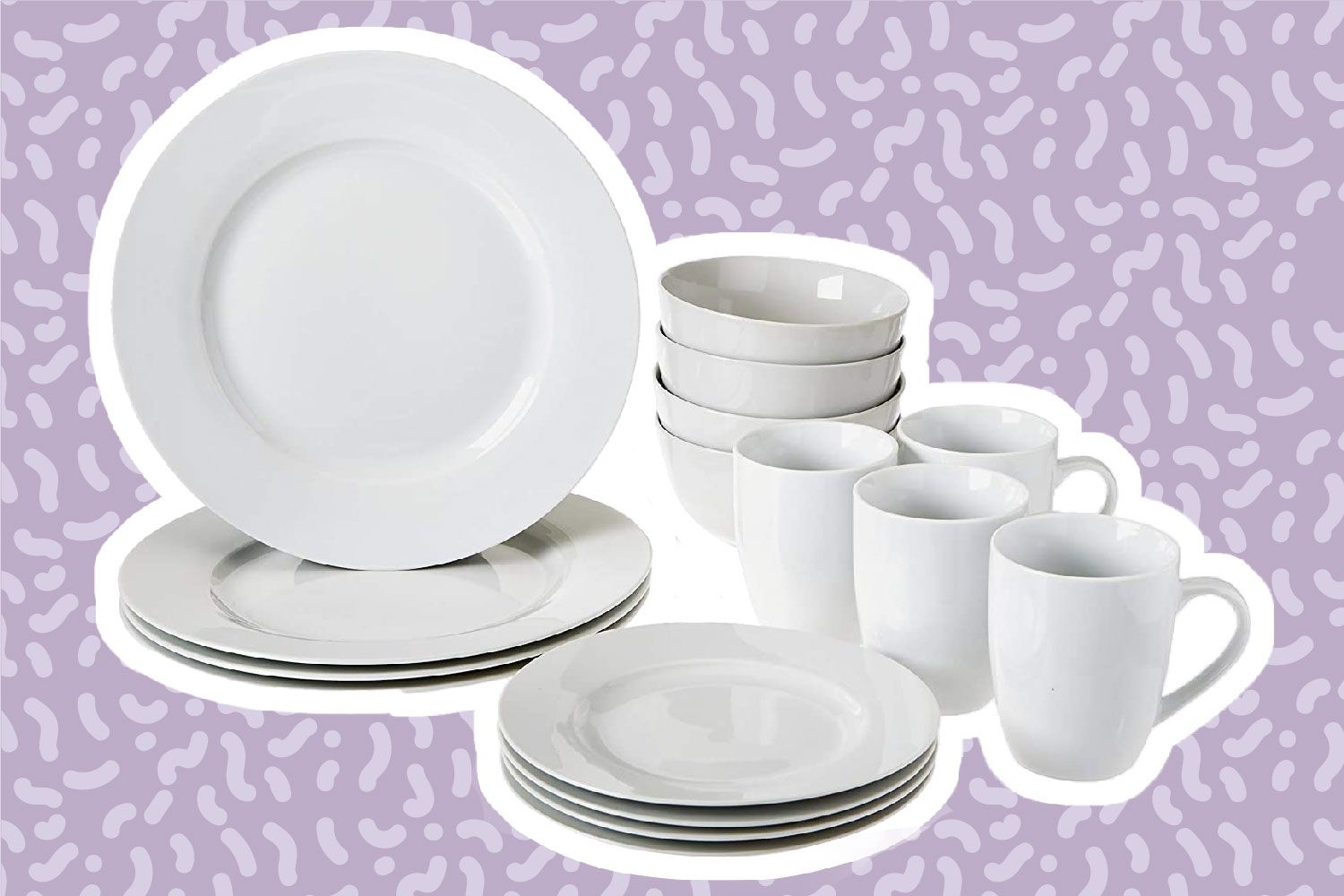Dishes have been an integral part of human existence since ancient times, and remain a vital component of any kitchen. With a vast selection of materials, including metal, plastic, wood, and porcelain, and an array of sizes and shapes, finding the right tableware is easy. In this article, we will explore the proper techniques for maintaining kitchen utensils.
It is crucial to note that the lifespan of enameled cookware can be significantly extended by boiling plain water in it before use. Also, when cleaning enameled dishes, avoid scraping the burnt bottom, as it can scratch the surface. Instead, use a mixture of water and baking soda to remove dirt and scale. Salt, which can be poured onto remaining burnt food and left for a few hours before being scraped off with a soft brush, also works well.
Although it is common knowledge that kitchen utensils should be washed immediately after use, if food residue has dried on them and a layer of soot has formed, pans and pots should be soaked in a basin of hot water and dish soap. It is best to use modern foam sponges and iron brushes, or for those with allergies, more expensive cellulose sponges.
Teflon-coated utensils require special attention, as they are delicate. They should be washed in warm soapy water and never with cold water immediately after use, as this can damage the Teflon. Cast-iron pans, on the other hand, can be cleaned by heating them over a flame and using a sharp knife to remove food residue. To prevent food from sticking to a new pan, fry it with fat and clean it with coarse salt.
Although aluminum dishes are becoming less popular, if you have pots made of this metal, they can be cleaned with ash-covered cabbage leaves or coffee grounds. If an aluminum pan is blackened, boiling it for five minutes in water with three to four tablespoons of vinegar can restore it.
Kettle scale is a common problem, and boiling water with potato skins can remove it. Lemon peel is effective at removing scale in a coffee pot. To sharpen a grater, rub sandpaper on it, and to eliminate bacteria from cutting boards, rinse them once a week with water and a tablespoon of bleach.
If the brewing kettle develops mold, washing it thoroughly with hot water, wiping it dry, and placing a piece of sugar at the bottom can eliminate the unpleasant odor.
Dishes are made of robust materials that can last a long time, so following proper care techniques can ensure order and cleanliness in your kitchen for an extended period.



